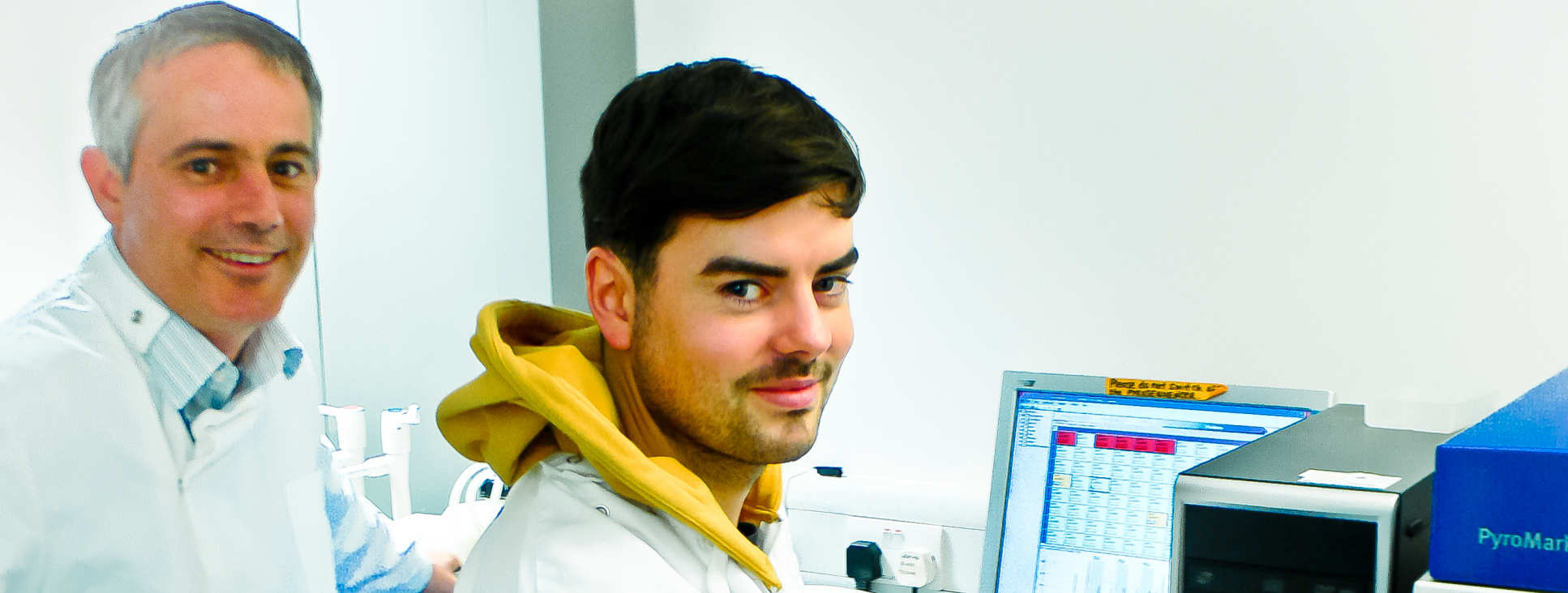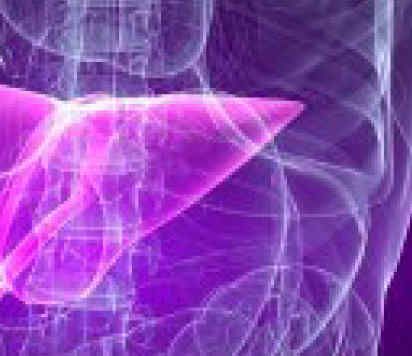
Contact
Group lead
Dr James Flanagan
+44 (0)20 7594 2127
j.flanagan@imperial.ac.uk
Related themes
What we do
The main objective of the group is to discover and validate biomarkers that address clinically important questions leading to improved personalised medicine and better understanding of the mechanisms of carcinogenesis. Our main area of research is called epigenetics, which describes changes to DNA, such as DNA methylation, that regulates how much of a gene gets made into proteins.
Why it is important
It is estimated that 42% of cancers could be preventable through changes in lifestyle and other preventive measures. The key goal is understanding who is at highest risk to target the preventive measures to the right people. Recent research has identified genetic variation associated with cancer risk, however, this is not modifiable risk. Epigenetic risk is still largely unexplored and we have shown that there is considerable risk that can be measured in the epigenome that may reflect an accumulation of cancer risk factors throughout life.
How it can benefit patients
Our research aims to understand who is at high risk of developing cancer. By studying epigenetic risk we are identifying potentially modifiable risk. Once we can determine an individual’s cancer risk we may be able to offer simple preventive interventions such as advising “high risk” women to breast feed longer (if at an appropriate age to do so), to reduce their risk with exercise, diet and even chemoprevention which could reduce up to 25-30% of cases per year with current knowledge.
Summary of current research
- Investigating the effect of metformin treatment on normal breast cells in culture to identify any epigenetic ‘signatures of effect’ to understand the mechanism of how this might act as preventative measure for breast cancer.
- Aiming to identify an epigenetic signature in blood DNA of lifetime oestrogen exposure in relation to breast cancer risk;
- Investigating DNA repair driven epigenetic changes in response to platinum based chemotherapy.
- Conducting genome-wide analyses and cell culture based validation of environmental driven epigenetic changes due to air pollution and tobacco smoking.
- Using whole genome-bisulphite sequencing (WGBS) to identify epigenetic risk factors for breast and ovarian cancer.
Connections
- Marc Gunter, International Agency for Research on Cancer
- Dr Nick Orr and Anthony Swerdlow, The Institute of Cancer Research
- Montse Garcias-Closas, NIH
- Ovarian Cancer Association Consortium
We participate in public education events including:
- Imperial Festival
- Science in the Pub
- Public Education Trust events
- Host lab tours for the charities that fund our research
For patient-related information please see:
When we have funding for PhD studentships, we advertise them through central channels such as Find a PhD. Information is also available on the Surgery and Cancer study page. If no studentships are currently advertised, please get in touch with the group lead with proposed project titles to discuss further.
Current PhD students:
- Francesca Galea
- Annelie Johansson
- John Gallon
- Caitriona Tyndall
- Emma Bell
- Nirmal Perera
Our researchers
Professor James M Flanagan
Professor James M Flanagan
Professor of Cancer Informatics
